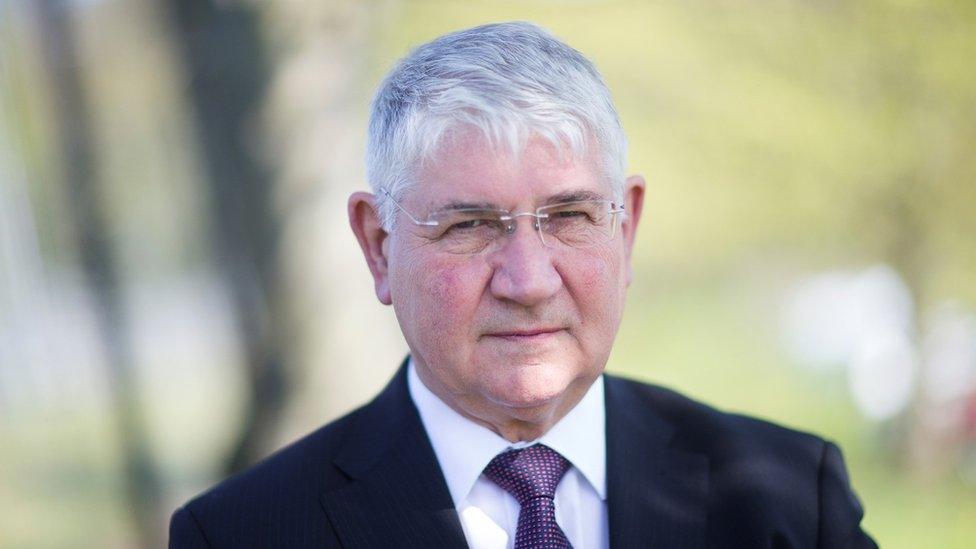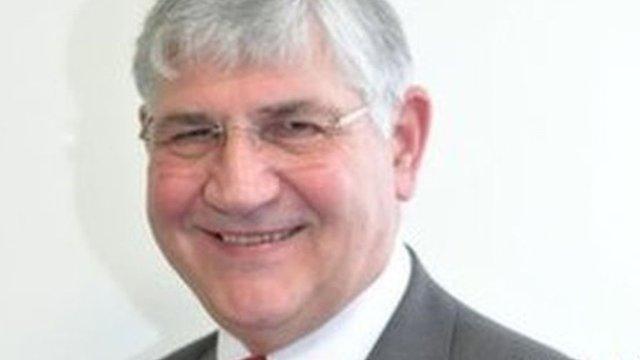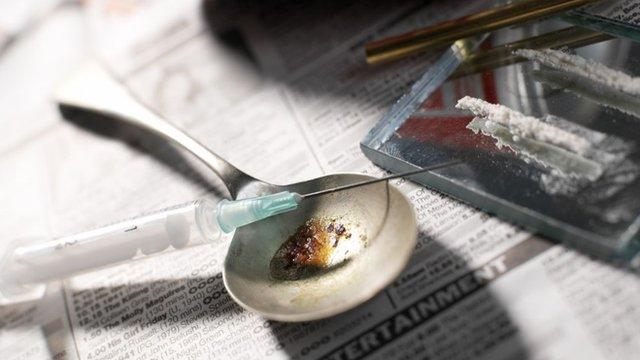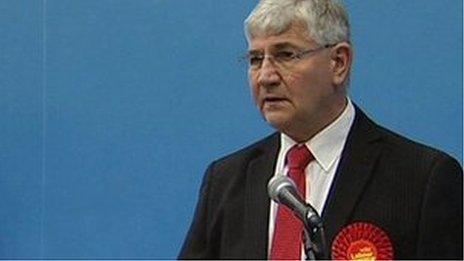Durham PCC calls for 'radical change' on drugs policy
- Published

Ron Hogg says people "are dying" while "we sit round pontificating"
Decriminalising illegal drugs for personal use would save lives and reduce organised crime, a police and crime commissioner (PCC) has said.
Durham PCC Ron Hogg wants a system similar to that in Portugal, which decriminalised possession in 2001.
It now has one of the lowest rates of drug deaths in Europe - the UK national average is 11 times higher.
Speaking to BBC Tees, Mr Hogg said the current approach was not working and radical change was needed.
In 2001, the Portuguese government changed the law to turn possession of drugs into an "administrative offence", sending those caught with drugs for personal use to a "dissuasion board" rather than face prosecution.
'Going sensible'
Mr Hogg, a Labour PCC and former senior police officer, said: "We are never going to eliminate drugs from the street, they always going to be there.
"So what we have to do is adopt an approach which will actually reduce the harm and not stigmatise people.
He denied it would be "going soft on drugs", describing it as "going sensible".
"The death rates in Portugal have fallen this year, in the North East [of England] they've increased", he said.
"While we are sitting here pontificating what we should do, people out there are dying.
"That's what's important to me - that we can actually save some of these lives by taking on a different approach."

You may also be interested in:

The Home Office said in a statement: "This government has no plans to decriminalise drug possession.
"Our approach remains clear - we must prevent drug use in our communities and support people through treatment and recovery.
"Last year we published a comprehensive drugs strategy, setting out a balanced approach which brings together police, health, community and global partners to tackle the illicit drug trade, protect the most vulnerable and help those with a drug dependency to recover and turn their lives around."
- Published21 July 2015

- Published30 October 2014

- Published30 October 2013
